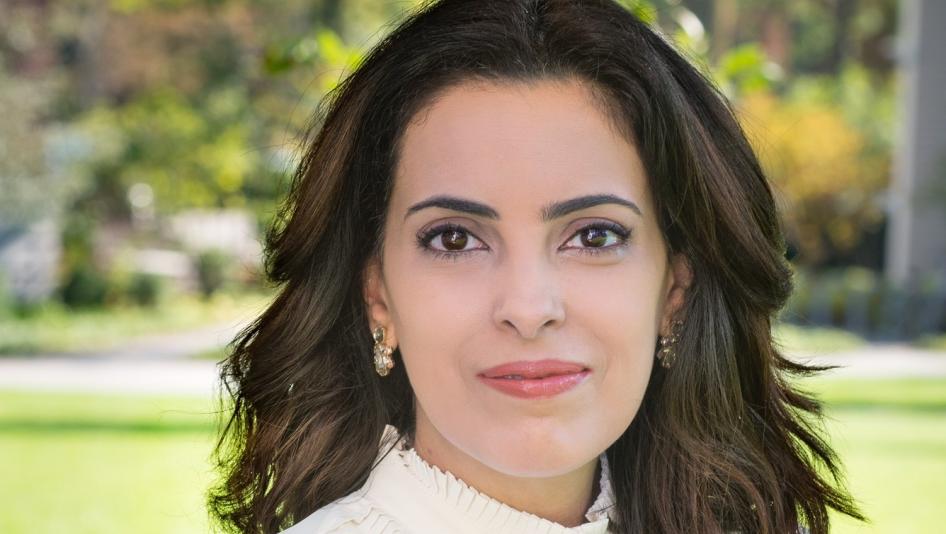On 25 February 2019, the Washington Post established the Jamal Khashoggi Fellowship honoring the late Global Opinions columnist. The new fellowship was established with the aim to provide a platform for writers and journalists from regions facing restrictions to free expression to express their perspectives, views, and opinions. While the Washington Post is taking proactive steps in elevating and honor human rights and free expression in the wake of Khashoggi’s murder, the current United States (US) administration’s response has continued to be significantly lacking.
Hala AlDosari, a prominent Saudi human rights activist, has been named the first fellow for the flagship program. AlDosari has long advocated for the promotion and protection of human rights within Saudi Arabia, advocating for the Arab Gulf government to address the male guardianship system as well as actively engaging governments on women’s rights, including the family law and the driving ban on women. She has worked internationally with numerous universities, including Harvard University and Johns Hopkins University, to further research on gender-based violence and gender norms in the Arab Gulf states. AlDosari’s commitment to human rights and freedom of expression in the Arab Gulf region recalls similar sentiments of Washington Post columnist Jamal Khashoggi’s efforts to promote human rights.
In October 2018, Jamal Khashoggi was murdered at the Saudi Consulate in Turkey. Khashoggi worked closely with the Saudi government and royal family for decades until he began taking an increasingly critical stance on the policies of Crown Prince Mohammad bin Salman (MbS) in 2017. He soon after entered a self-imposed exile in the US after facing increasing restrictions as a journalist from the government and was later murdered in 2018. Though the Saudi government at first denied knowledge of the operation, it eventually announced that Khashoggi had been murdered upon entering the consulate. While the Khashoggi case has gained international traction, the Saudi government maintains strong control over freedom of expression within the country and sixteen journalists were jailed in December 2018 for their work.
Members of the international community have widely condemned Khashoggi’s murder, including members of the US Congress, and called for accountability for his death – Germany has recently ended its arm sales to the kingdom, while the US Congress is attempting to pass a resolution invoking powers under War Powers Resolution that would halt US arm sales to Saudi Arabia. However, the White House has ultimately taken a weak stance on the kingdom despite this rebuke from Congress and a Central Intelligence Agency (CIA) assessment citing the high likelihood of the MbS’s involvement. In response, Senators have further pushed for accountability, introducing a bill calling for the release of the assessment. Though the administration has sanctioned the seventeen officials directly connected to the murder, these acts have been seen as largely nominal as these men are already facing trial in the Saudi courts. The administration instead continues to deepen ties with Saudi Arabia, illustrated by Jared Kushner’s – senior advisor to the president – recently met with Saudi government officials, including MbS.
By failing to take a strong stance on Saudi Arabia, the US administration sends the message that Saudi Arabia will not be held accountable for its flagrant human rights abuses. As the administration continues to preserve and even deepen ties with the kingdom, efforts from Congress and organizations like the Washington Post should be commended and encouraged. The establishment of the Jamal Khashoggi Fellowship signals that actors outside of the US administration will not let restrictions to free expression and human rights abuses go unnoticed, and the nomination of Hala AlDosari emphasizes the importance of free expression for journalists and draws further attention to the climate around free expression in Saudi Arabia. However, if there is to be hope for true accountability, the White House must begin to display similar leadership and hold Saudi Arabia accountable for its human rights abuses.
Ethan Cook is an Advocacy Intern with ADHRB.





